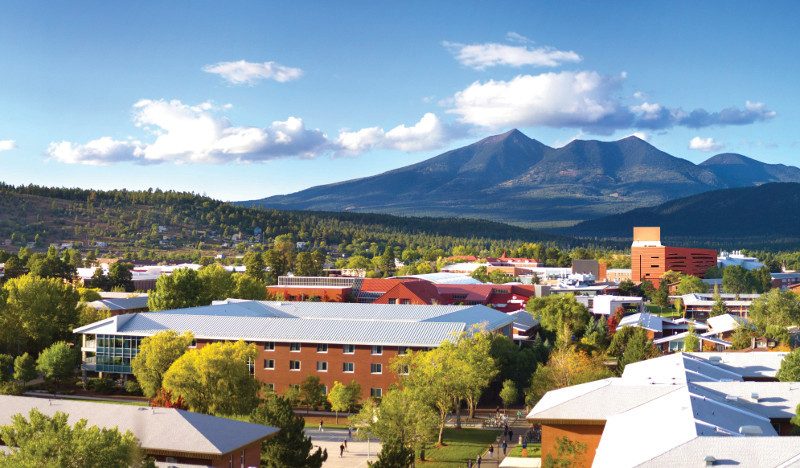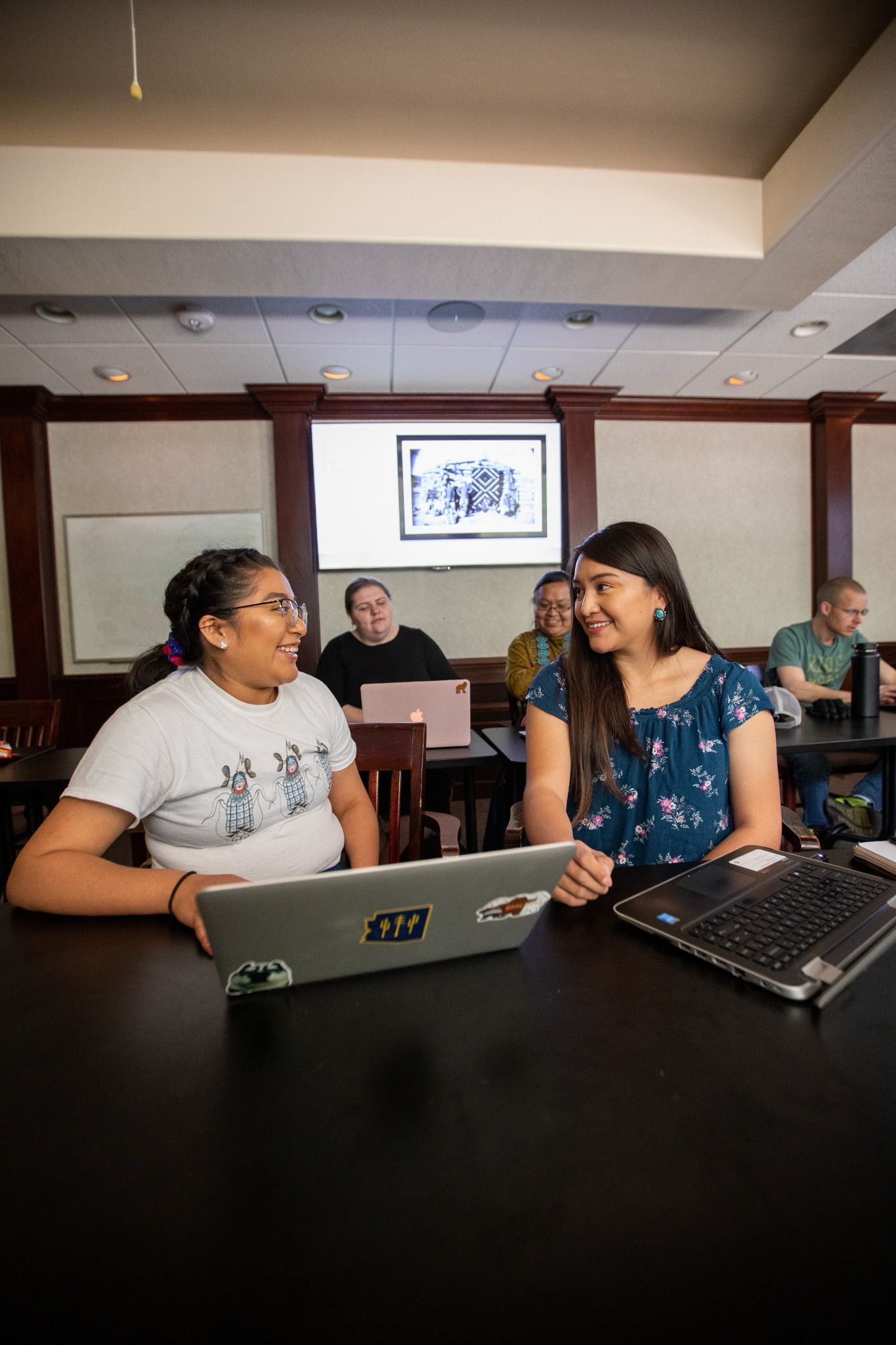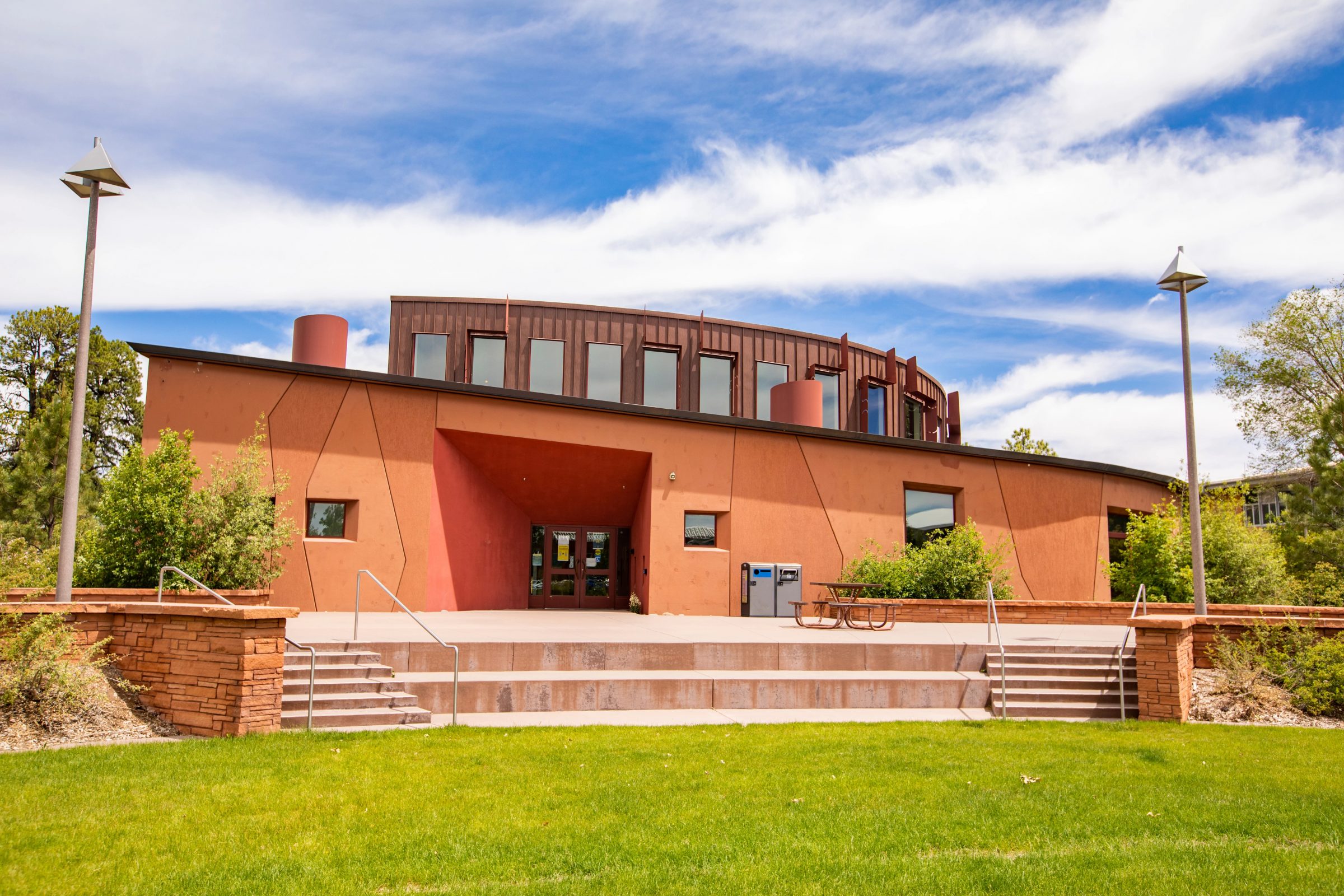Stabilizing Indigenous Languages Symposium and American Indian/Indigenous Teacher Education Conference
Empowering future generations with indigenous knowledge and language
June 19–21, 2025
Northern Arizona University’s College of Education will host the Stabilizing Indigenous Languages Symposium and the 15th American Indian/Indigenous Teacher Education Conference (AIITEC) on June 19–21, 2025. This hybrid conference for preschool, K–12, Tribal, college, and university educators, as well as concerned community members, includes panels, workshops, and papers to share ideas for improving the lives and education of American Indian children, especially regarding the revitalization of their Indigenous languages and cultures.
Join your colleagues for two and a half days of career-empowering knowledge, practices, networking, and practical teaching solutions. The conference is designed with your specific needs in mind and will provide strategies you can use immediately across all grade levels and subjects. NAU’s College of Education has worked with Tribal Nations to improve the education of American Indian students for decades. It has hosted a variety of American Indian teacher and administrator preparation programs.
Call for presentations
The SILS and AIITEC are now accepting proposals for the 2025 conference.
Conference goals
- Bring together American Indian and other Indigenous language educators and activists to share ideas and experiences on how to teach and revitalize American Indian and other Indigenous languages in homes, communities, and schools.
- Share resources for early childhood educators in Tribal schools and communities.
- Disseminate recent research and thinking on best practices to promote, preserve, and protect American Indian and other Indigenous languages in the spirit of the 1990 Native American Languages Act and the United Nations 2007 Declaration on the Rights of Indigenous Peoples.
Conference schedule
2025 NAU Stabilizing American Indian Languages/AIITEC
All times are Pacific Daylight Time. The schedule is to be determined. Please check back later for updates.
Keynote speakers
Linda and Keith Goulet
Impacting teaching and learning through Nehinuwehin (Cree language) concepts
Dr. Linda Goulet is a professor emeritus in Indigenous education at First Nations University of Canada. Her research with First Nations youth and teachers grew out of her interest in exploring approaches in Indigenous pedagogy. She has published widely and with Keith, has co-authored a book by UBC Press entitled Teaching Each Other: Nehinuw Concepts and Indigenous Pedagogies.
Dr. Keith Goulet is a Nehinuw (Cree) from Cumberland House in northern Saskatchewan, Canada. A fluent Cree speaker, he was raised in a Cree speaking community and on the land in a trapping, fishing, hunting, and gathering context. He has a B.Ed., M.Ed. and a Ph.D. in history. He has been a teacher, Cree language consultant, university lecturer, community college principal, MLA and cabinet minister. He has published on Nehinuwehin (Cree language) and wrote the introduction to a dictionary on Nehinuwehin.
In their book, Teaching each other: Nehinuw concepts and Indigenous pedagogies, Drs. Linda and Keith Goulet challenge Eurocentric practice in education and provide a framework of Nehinuw (Cree) pedagogy that combines the practical experience of teachers with the pertinent Nehinuw concepts of education. Keith Goulet, a fluent Nehinuwehin (Cree language) speaker, will identify the key Nehinuwehin concepts and examine the deeper meaning of these concepts. Nehinuw concepts illustrate the importance of action and interaction in Nehinuw pedagogy that provide an alternative framework for teachers – one that strengthens Indigenous identity while engaging Indigenous students in classroom learning.
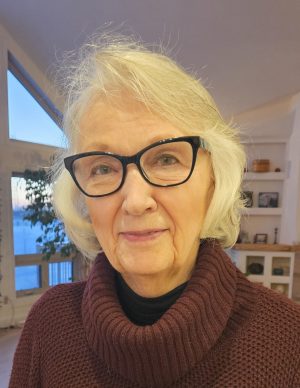
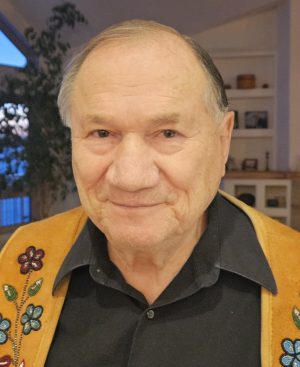
Ilana Umansky
Contexts, Opportunities and Dilemmas: Learning about American Indian and Alaska Native Title III Identification from State Education Agency Leaders
Bio: Ilana Umansky is an Associate Professor in the College of Education at the University of Oregon. Her work explores how education policy impacts the educational opportunities, experiences and outcomes of multilingual and English learner-classified students. She holds a PhD from Stanford University in Sociology of Education and is particularly interested in topics such as language policy, labeling, and tracking as she focuses on partnership-centered research to support equitable and excellent school systems for multilingual students. Her work appears in journals including the American Educational Research Journal, Educational Evaluation and Policy Analysis, and the Bilingual Research Journal, Educational Policy, and Exceptional Children and has received funding and awards from institutions including the Institute of Education Sciences, AERA’s Bilingual Education Research Special Interest Group, and the National Academy of Education. Her work centers critical problems of practice in educational equity and she has worked in partnership with state education agencies, the National Indian Education Association, and the Council of Chief State School Officers.
Federal law defines Title III (English learner) eligibility differently for Indigenous, compared to non-Indigenous, students, allowing for broader entry into the Title III category, along with its accompanying resources and services. This presentation presents findings from interviews with Title III leaders in 25 state departments of education about their level of understanding of the differentiated definition and their work to interpret and implement it. Many leaders had little understanding of the federal law and weak engagement with Tribes and communities, both of which limited their work. In states where leaders had deeper knowledge and engagement, they were more actively interpreting and implementing federal law, particularly with the aim of increasing Indigenous students’ access to heritage language and culturally-sustaining programs.
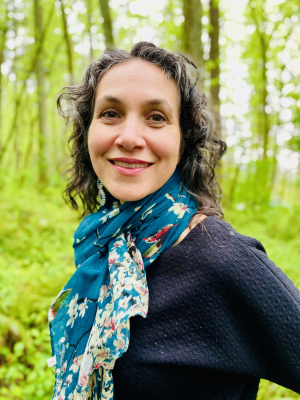
Past AIITEC conferences
For more information
Contacts
Dr. Joseph Martin
928-523-5933
Joseph.Martin@nau.edu
Dr. Jon Reyhner
928 523 0580
Jon.Reyhner@nau.edu
